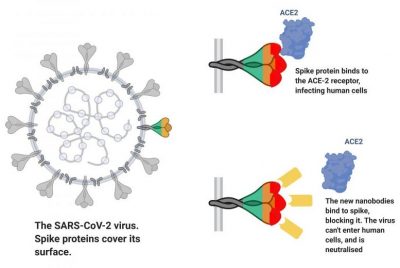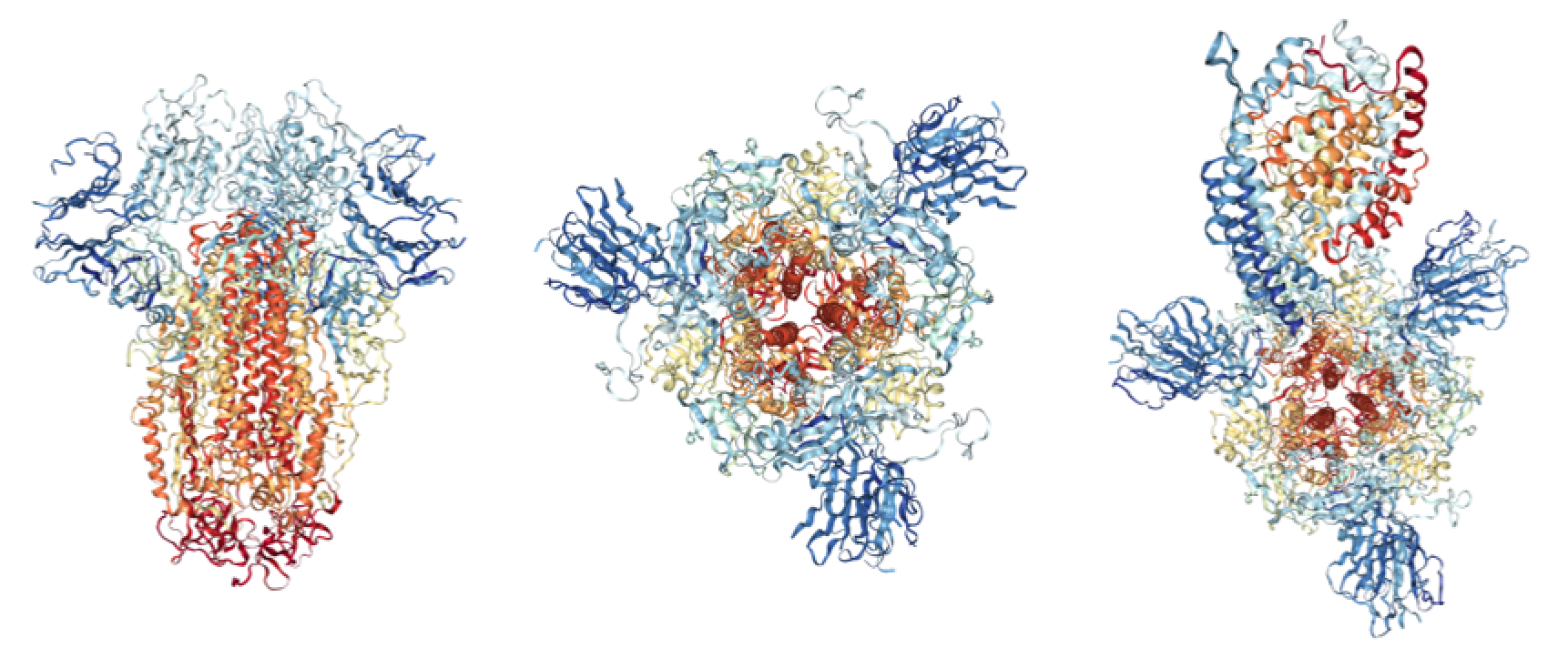

In humans, lingering spike protein was seen in 10 of 34 skull samples of people who had recovered from SARS-CoV-2 infection and died of non-COVID-related causes in 20. Proteins related to neurodegeneration were dysregulated 3 and 28 days after the spike protein injection. In their study, Ertürk and colleagues injected spike protein intravenously in mice through the tail vein and by skull marrow micro-injection, which led to a spectrum of proteome changes and parenchymal cell death. "I think the majority of scientists who have considered this might say it's very unlikely that the virus particles remain infectious at this stage, but these viral proteins hanging around in the cell can still do bad things," Goetzl observed.

Last year, researchers led by UCSF's Edward Goetzl, MD, studied neuropathogenic mechanisms in living humans and found that nucleocapsid and spike proteins in astrocyte and neuronal exosomes correlated with neuropsychiatric manifestations in long COVID patients. Both reports involved people who died in the early months of the COVID pandemic.
#SPIKE PROTEIN IN BLOOD SERIES#
Another was a case series that found SARS-CoV-2 viral protein or RNA in brain tissue, but it was not associated with severity of neuropathological changes. One exception was a postmortem report of people that showed the virus persisted throughout the brain and body, albeit with little evidence of inflammation or direct viral cytopathology outside the respiratory tract. Several studies have detected SARS-CoV-2 proteins in brain tissues, but most have failed to detect the actual virus in the brain. One of the most important questions facing long COVID researchers is whether SARS-CoV-2 antigen persists after acute infection, and if it does, what role it plays in driving long COVID symptoms, noted Michael Peluso, MD, MPhil, MHS, of the University of California San Francisco (UCSF), who wasn't involved with the study.ĬOVID's neurologic and psychiatric sequelae, including cognitive deficit or brain fog, can linger for years. "The dysregulated molecular maps may better explain clinical symptoms associated with neurological dysfunctions presented in long COVID." "Our paper suggests that the SARS-CoV-2 spike protein can accumulate in the brain and cause cell death, highlighting a direct effect on brain tissue," Kapoor told MedPage Today. "The lingering effects of SARS-CoV-2 infection and that of the persistent viral spike protein need to be decoded in detail," said co-author Saketh Kapoor, PhD, also of the Helmholtz Center Munich. The findings suggest that spike protein in the skull-meninges-brain axis may be a molecular mechanism or therapeutic target for neurologic long COVID, Ertürk and colleagues proposed.


 0 kommentar(er)
0 kommentar(er)
